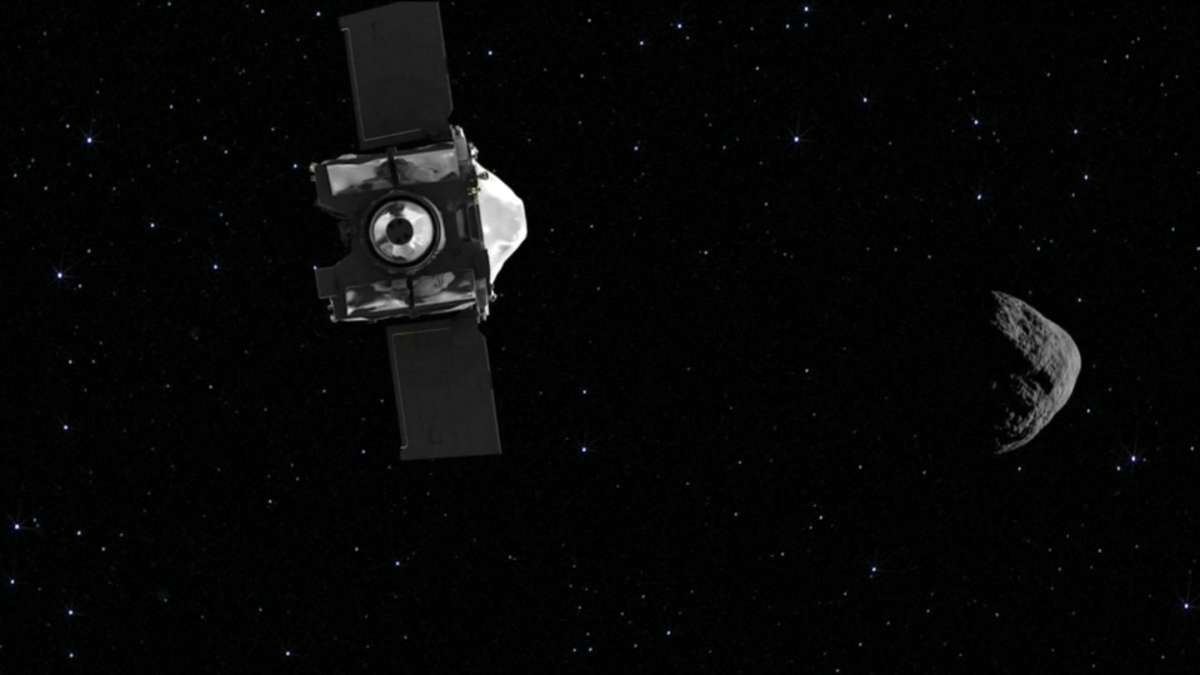Regulating the commercial space industry

Space tourism and mining asteroids are no longer the stuff of science fiction. As private companies across the U.S. and around the world prepare for space missions and moon landings, lawmakers are trying to keep up.
According to Thomson Reuters Westlaw, about 60 pieces of legislation related to space law have been proposed or enacted at the state level since 2015. Additionally, 15 such bills have been proposed or enacted at the federal level since 2015, including the U.S. Commercial Space Launch Competitiveness Act that President Obama signed into law last year.
It grants companies legal ownership over any resources they mine in space. Under international law, specifically the 1967 Outer Space Treaty that the U.S. and more than 100 other countries have signed, no companies, governments or people can own a celestial body. But the U.S. Commercial Space Launch Competitiveness Act enables space resources, such as asteroids, to be claimed.
Among the key U.S. players hoping to stake a claim is Florida-based Moon Express, which recently became the first non-governmental entity to earn approval for a robotic lunar landing. Other firms are focused on mining asteroids, including Planetary Resources in Washington and Deep Space Industries, which shares an office with NASA’s Ames Research Center in California. Another program with a NASA connection is the University of Hawaii’s Hawaii Space Exploration Analog and Simulation, which just completed a year-long Mars simulation experiment.
Hawaii has been the most active state in terms of legislative proposals geared toward the space exploration industry. Since 2015, Hawaiian lawmakers have introduced several proposals, including 2015 Hawaii House Resolution No. 26-16, to capitalize on the potential benefits a growing commercial aerospace industry could bring to the state. At least eight other states – Arizona, California, Florida, Georgia, New Mexico, Massachusetts, Virginia and Washington – also proposed legislation related to the commercial space industry.
With global competitions like Google’s Lunar X Prize spurring on the race to space, the volume of legislation at the state, federal and international levels will likely increase as lawmakers try to keep pace with explorers and entrepreneurs.